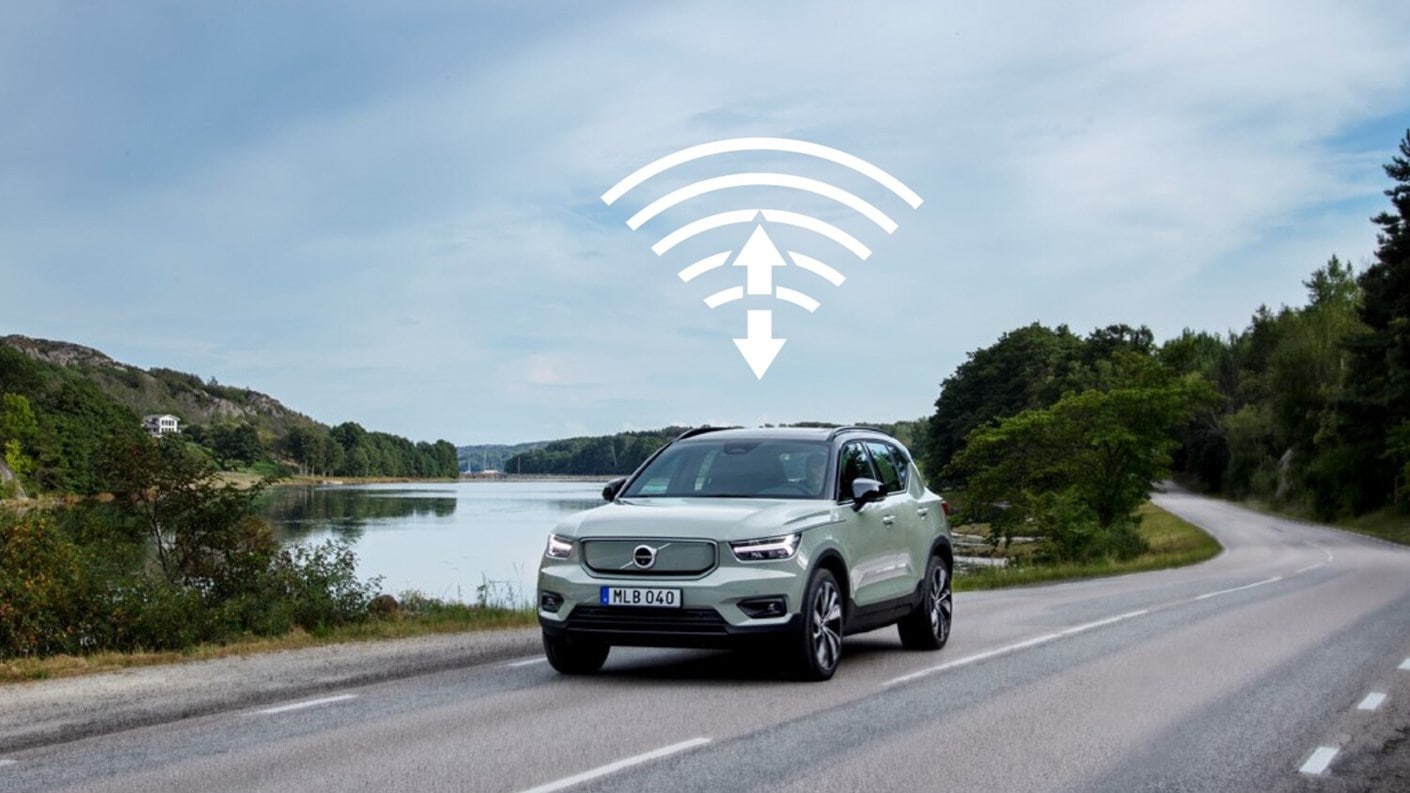Ericsson, Volvo carry out first successful cross-handover of connected cars
The cross-border 5G network vehicular handover test is part of the EU-funded 5GCroCo project, a major initiative that is preparing for large-scale connected car trials along a 5G corridor between Metz in France, Merzig in Germany and Luxembourg.

- Country:
- Sweden
Swedish telecom giant Ericsson and Volvo Cars claim to have carried out the first successful test handover of connected cars between two national mobile 5G networks, proving that seamless service continuity on 5G networks can be guaranteed even across country borders.
Cross-border handovers are vital to enabling continuous driving experiences between national networks when connected and autonomous vehicles cross from one country to another, Ericsson said.
As part of the test which was carried out at the AstaZero test track in Sweden, Ericsson deployed a 5G mobile radio network while two Volvo cars received an HD map of the route ahead. The trial utilized 5G connectivity to ensure that maps were constantly updated with the latest real-time information to aid future autonomous driving operations.
According to Ericsson, connected cars can detect and distinguish between upcoming driving lanes by updating the maps with information from sensor readings. However, even freshly updated HD maps can have outdated information. In such cases, the cars also send real-time updates to the Mobile Edge Cloud, allowing cars behind them to obtain relevant updates from the Cloud.
Volvo Cars' HD map application captured information about the boundaries of straight and turning lanes so that the cars could better recognize different situations.
"Sharing an updated map with other cars is a latency-sensitive task and requires high network performance within and across multiple networks. During the test at the AstaZero track, we could tackle this challenge with promising results," said Mikael Prytz, Research Director, Ericsson Area Networks.
The cross-border 5G network vehicular handover test is part of the EU-funded 5GCroCo project, a major initiative that is preparing for large-scale connected car trials along a 5G corridor between Metz in France, Merzig in Germany and Luxembourg.










